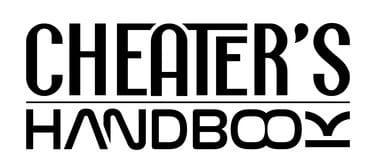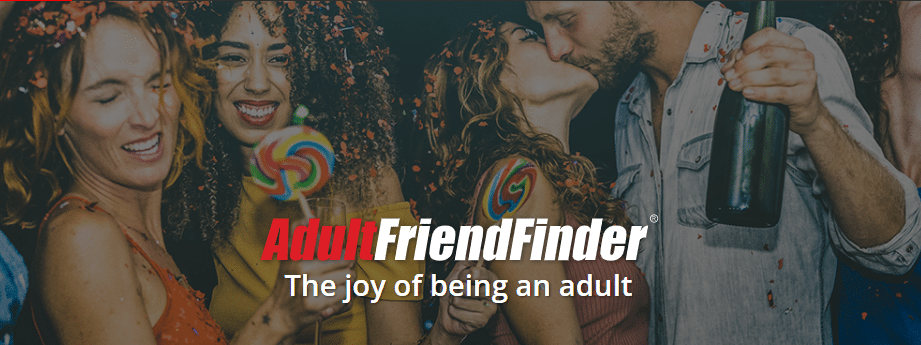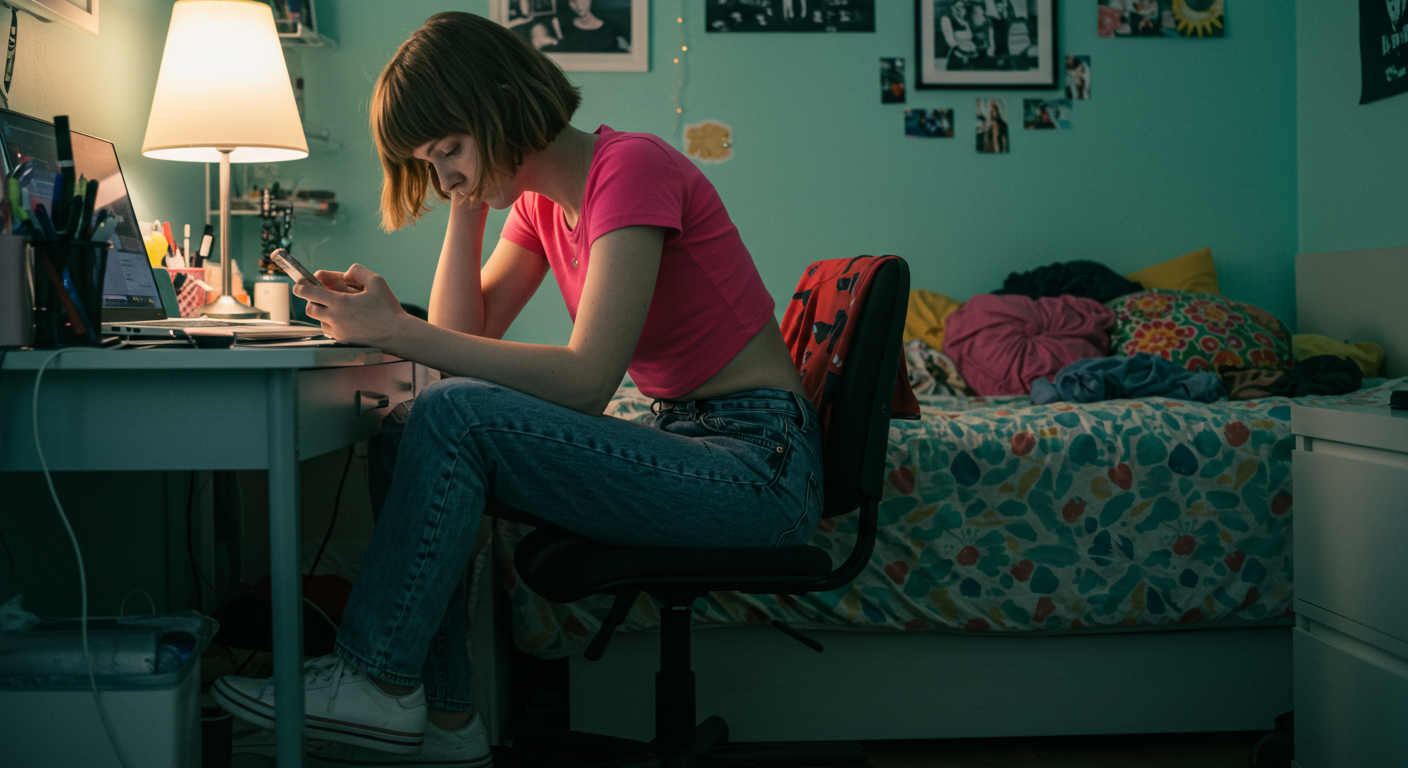Dating Burnout Is Real in 2025 — And You Might Be Feeling It

The ache isn’t heartbreak. It’s something slower, heavier, and harder to name. You open the dating app, stare at the sea of faces, and feel… nothing. No excitement, no butterflies, not even dread—just numbness. Dating burnout isn’t just real in 2025—it’s everywhere. And it’s wearing people down in ways that don’t show up on the surface.
What used to feel like opportunity—hundreds of potential connections in your pocket—now feels like a part-time job with zero benefits. The problem isn’t that love isn’t out there. It’s that the process of finding it has become transactional, repetitive, and emotionally draining.
We swipe while distracted. We ghost or get ghosted. We write the same witty opening line over and over, then wonder why every chat dies within two days. Modern dating is optimised for access, not depth—and that’s where the fatigue sets in. Because when everything feels like an effort and nothing feels meaningful, it’s no longer just about being single. It’s about being exhausted by the process of not being.
And if you’re feeling this way, you’re far from alone. A 2024 survey by Psychology Today found that over 70% of app users between 25 and 40 report symptoms of emotional fatigue tied directly to dating. More striking? Nearly half say they’ve taken at least one “intentional break” from dating in the past year—not out of bitterness, but out of sheer burnout.
So how do you spot it in yourself? And what can you actually do about it?
1. You’re Not Just Tired—You’re Disconnected
Fatigue is one thing. But the real sign of dating burnout is disconnection—from yourself, from the process, and from the point of it all.
At first, the signs are subtle. You feel indifferent when someone attractive messages you. You cancel plans last-minute because the thought of another “getting to know you” conversation makes your stomach turn. You’re still technically looking for love—but emotionally, you’ve checked out.
It’s not laziness. It’s not being “too picky.” It’s the result of emotional overexposure—too many shallow conversations, too many mismatched expectations, too many interactions that felt like interviews rather than intimacy. Over time, it creates numbness. And in dating, numbness is the silent killer of motivation.
You might start to doubt whether there’s anyone out there who’ll get you. You question if you’re the problem, or if love is even worth it anymore. And while the answer isn’t to give up, the answer also isn’t to keep pushing forward just for the sake of it.
Because real connection—deep, fulfilling, energising connection—doesn’t come from grinding harder. It comes from reclaiming your sense of self in the dating process. And that begins by acknowledging that your burnout is valid. You’re not broken. You’re just drained.
2. Dating Feels Like a Performance—And You’re the Show
One of the reasons dating has become so emotionally taxing is that it no longer feels like an experience between two people—it feels like personal brand management. From carefully curated bios to strategic replies and filtered selfies, dating in 2025 often demands that you be charming, attractive, witty, vulnerable—but not too vulnerable—all at once. It’s exhausting.
And it’s not just online dating that amplifies this pressure. Even in-person interactions have started to feel like auditions. You’re thinking about whether you’re texting back “at the right speed,” if your outfit signals the right amount of effort, if your answer to “what do you do?” is interesting enough. At some point, you stop asking:
“Do I like them?”
and start focusing on:
“Did I impress them?”
This performance mindset is a fast track to emotional depletion. When every interaction feels like a job interview in disguise, you begin to disassociate from your own desires. You’re not showing up as your full self—you’re showing up as your most digestible self. And while that might get matches, it doesn’t build connection.
Burnout sets in not because you’ve gone on too many dates—but because you’ve spent too long pretending on them. The emotional toll of constantly shape-shifting just to stay interesting is massive. And eventually, it wears away your sense of authenticity.
The cruel irony? The people who are the most thoughtful, empathetic, and relationship-ready often burn out the fastest. Because they’re the ones trying. They’re the ones showing up with emotional intention—and getting little in return. In this climate, sincerity can feel like a liability.
3. The More Options You Have, The Less You Want Any of Them
Dating apps were supposed to solve loneliness by offering infinite opportunity. But what they really created was paradoxical fatigue: too many choices, not enough satisfaction. And now we’re seeing the psychological toll that’s taking.
The average user swipes through hundreds of profiles per week. That’s hundreds of micro-decisions. Hundreds of half-seconds spent judging someone’s face, their job, their sense of humour. It’s no wonder people are drained. Decision fatigue is real, and it’s one of the most unspoken roots of dating burnout.
Even when you do match with someone, your brain doesn’t celebrate—it calculates.
“Could I do better?” “Is someone else out there more compatible?”
And before that new chat even gets traction, your mind is already back to the app. The result? Shallow engagement. Minimal emotional investment. And a cycle of connections that feel disposable, even if no one wants to admit it.
This isn’t about being ungrateful. It’s about being overwhelmed. When dating starts to feel like scrolling Netflix for a partner—endlessly browsing, rarely committing—you begin to feel like the connection you’re looking for doesn’t exist. Or worse, that you’ve lost the ability to care when it does.
The saddest part is that most people on these apps aren’t emotionally unavailable. They’re just emotionally overextended. Burnout doesn’t always look like quitting. Sometimes, it looks like showing up on autopilot. And when everyone’s doing that, it’s no surprise the whole ecosystem starts to feel hollow.
4. Dating Burnout: When Hope Turns into Cynicism
At first, dating burnout feels like tiredness. But if left unchecked, it curdles into something heavier: cynicism. And once that sets in, it changes the tone of everything.
You find yourself scrolling through profiles and assuming the worst. You expect people to ghost you. You assume every flirtation has a hidden agenda. Even a genuinely sweet message gets met with an eye-roll. And the worst part? You’re not wrong to be cautious—but you’re also no longer open.
This is where burnout becomes dangerous. Because it doesn’t just steal your energy—it rewrites your narrative. Instead of thinking,
“I’m tired because I’ve been putting effort into something meaningful,”
you start thinking,
“Maybe this whole thing is broken. Maybe I’m the problem.”
But you’re not the problem. The system is exhausting. The culture is confusing. We’re living in a dating economy that rewards short attention spans and punishes vulnerability. And even the most emotionally intelligent people can start to question their worth when genuine effort repeatedly leads to nothing.
Cynicism offers temporary relief. If you don’t care, you can’t get hurt. If you expect nothing, you won’t be disappointed. But this mindset builds walls—not boundaries. And the longer you stay in it, the harder it becomes to connect—even when the right person comes along.
Recognising burnout is an act of emotional self-defense. It’s how you stop yourself from turning into someone jaded, sarcastic, and closed-off, when deep down, you’re still someone who wants love—you’re just tired of getting bruised looking for it.
5. The Myth That Burnout Means You’re Doing It Wrong
One of the most damaging ideas about dating burnout is the belief that it’s somehow your fault. That if you were more confident, more chill, more attractive, or more emotionally detached, you’d be fine. But that’s not just untrue—it’s harmful.
You’re not burnt out because you’re doing dating wrong. You’re burnt out because you’ve been doing it with intention, effort, and vulnerability—and the system isn’t designed to reward that.
Dating apps aren’t built for closure. Most ghosting is never explained. Algorithms prioritise engagement over chemistry. And somehow, you’re expected to stay optimistic through it all. The emotional whiplash isn’t a bug—it’s baked in.
What’s worse is that people rarely talk about it. Everyone’s posting highlight reels—anniversary posts, vacation selfies, engagement announcements—so when your dating life feels like a treadmill to nowhere, you assume you’re alone. But you’re not. You’re just one of many people who quietly need a break.
And taking that break isn’t quitting. It’s strategic. It’s how you reset your nervous system. It’s how you reconnect with your own desires—ones not shaped by metrics or swipes, but by what actually lights you up in real life. Because when you come back to dating, you want to bring your full self—not the frayed, exhausted version the process tried to turn you into.
6. Rebuilding After Burnout Means Dating Differently
You don’t need to give up on dating. But you may need to date differently.
Burnout isn’t a signal to quit love. It’s a signal to quit the habits and environments that are draining you. That might mean deleting the apps. Or it might mean changing how you use them. Swiping less, being more intentional, setting firmer boundaries. Giving yourself permission to say: I don’t owe anyone my time just because we matched.
Sometimes, it means stepping completely away—spending a few months not dating at all. Not out of bitterness, but out of self-respect. You rest. You recalibrate. You return to the things that bring you joy outside of dating. You remember who you are when you’re not trying to be chosen.
And when you do come back? You come back on your terms. You no longer treat dating as a game to win or a task to complete. You approach it with curiosity rather than expectation. You date from a place of fullness, not from scarcity or pressure.
Some people call this “intentional dating.” Others just call it sanity. Either way, it works. Because when you honour your energy, when you give your heart room to breathe, you find that dating no longer feels like a second job. It feels like a human experience again.
And that’s the point.
Conclusion: You’re Not Broken—You’re Burned Out
If dating feels hard right now, it’s not because you’re unlovable, too emotional, or doing it wrong. It’s because modern dating is exhausting. You’re not the only one who feels this way. You’re just one of the few being honest about it.
Burnout is real. It’s valid. And it’s treatable. It doesn’t mean you need to give up on love. It just means you need to give yourself space to want it again—genuinely, and without resentment.
So take that break. Log off. Reconnect with your own life. Because when you’re no longer dating to escape loneliness, but to expand on the joy you’ve already built, everything changes. You’re not just dating. You’re choosing. And that’s powerful.
Burnout isn’t your fault. But healing? That’s your move.
My Go-To Platform for Flings, Affairs, and MILFs
Looking for top-notch flings, affairs, or MILFs? Skip the rest, AdultFriendFinder is the gold standard. Zero bots, zero fakes—just real connections. I've scored big in multiple cities. Sign up now, it's FREE!








